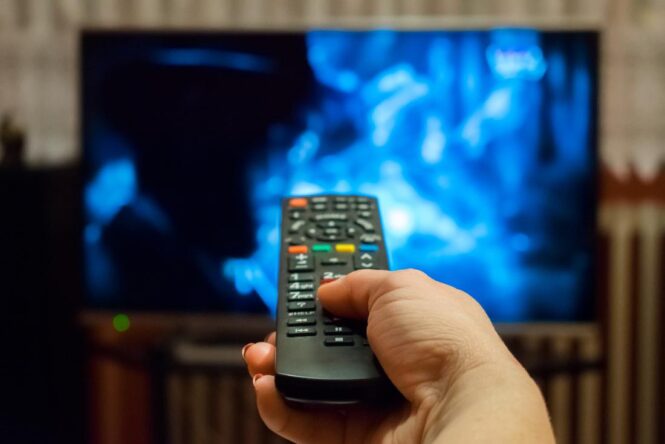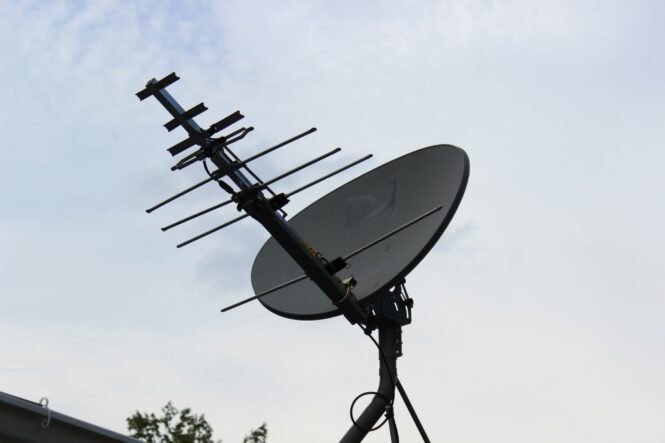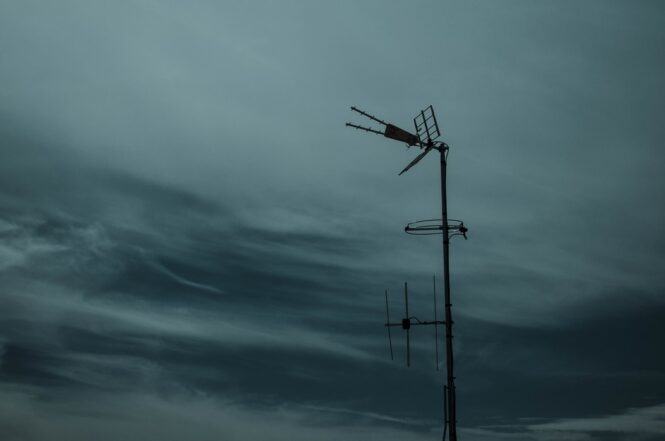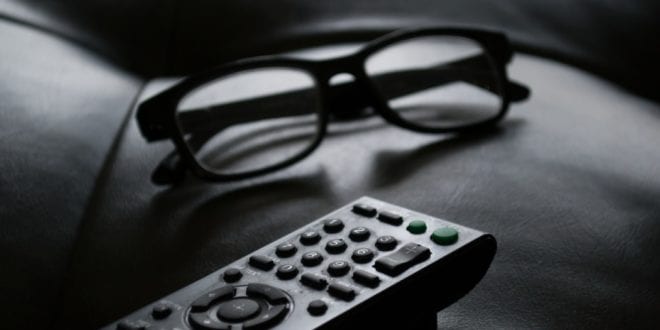You have installed a new satellite dish and you are already looking forward to watching your favourite movies and series. Still, in the middle of your favourite movie, a storm begins – and the picture on your TV suddenly begins to disappear from the screen. Does this sound familiar to you? Yes, it happens to many, and it happens often.
Bad weather, such as rain, stormwind or snow can disrupt the operation of broadband satellite dishes. Whether you have subscribed to your services from a major satellite TV operator, these issues are no stranger to many people. Why is this happening and is there a solution to this problem? Find the answers in the text before you.
Why Do We Face Problems Like This?
This is not an uncommon problem for satellite dish owners. Specifically, the weather affects better or worse signal reception. How? There are usually two possible reasons that will lead to poor reception on your TV.
According to tv-aerials-uk.co.uk, the first reason is that weather may cause some damage to the satellite dish itself. It is positioned outside – so it is exposed to the wind or exposed to rain and snow. Such weather is primarily a barrier to better signal reception. Also, they may cause some temporary or permanent damage to the antenna system – and thus significantly affect image quality, signal reception, etc.

Snow – The Greatest Enemy Of Antenna Systems
When it comes to the bad weather effect on satellite reception – we will agree that snow is the worst option. Namely, snowfall significantly impedes the reception of the signal – and besides, snow can accumulate on the dish of the satellite aerial, which will cause an interruption in the broadband network for a longer period. Then what happens most often – is what experts call a “block effect”. That means interrupting or completely missing both – the picture and sound on the TV.
During some of the more extreme weather occasions, we have the opportunity to see a familiar message. It’s the message that tells us we cannot receive a satellite signal.
However, the fact is that the signal itself can sometimes be the cause of this phenomenon. Specifically, attenuation of the signal during inclement weather is not an unknown thing. When the signal attempts to “breakthrough” raindrops, thick fog, or clouds – they usually absorb energy from the signal. Therefore, as a result, we have a reduced quality of satellite reception service.
Do You Give Up Satellite Antenna For This?

All these things are still weak arguments to give up on having a satellite dish. Namely, a satellite dish has far more pros than cons. When it comes to disadvantages such as poor reception due to inclement weather – you should keep in mind the climate area you are in. Across the UK, as well as in most of Europe and the world, the climatic conditions are such that you will be quite satisfied with the use of your satellite dish. However, when choosing a service and installation – you should be careful.
Choosing Service
That factor depends on you and how well you are informed about the companies that provide these services. Hard professionals sometimes strive to provide you with even more than the expected service – amplifying your signal further. This way, they can achieve customer satisfaction.
You can take a look at this website, and see how you can achieve this. When choosing reputable companies – then you can be sure that their experts will do everything in preventing possible loss of signal, or else they will increase your connection speed. Then you can be calm because the signal will not cause you any problems or stop you from watching your favourite movie, wherever you are.
How To Check Your Antenna Signal And Detect Bad Weather Errors?

If you have already noticed that your signal has weakened or disappeared completely – weather conditions may be the cause. Still, you don’t have to panic right away. Some things can be done to check and troubleshoot your satellite dish for these reasons. Here are some practical tips.
Check The Status Of Your Satellite Signal
You have noticed that the signal on your TV has weakened, but you are not sure what caused it. Maybe the bad weather conditions or the fog caused this problem – or there may be some problems with the broadcaster or satellite operator. How to know this for a fact? By a simple check. Just use your remote to open the settings menu on your TV or a receiver set box.
Then, find an option that offers you to check the status of the signal. If you see that you have full power and good signal quality – likely, the problem is probably in the program broadcaster itself. However, if it shows that you have a poor signal quality – then you are more likely to have an issue with the satellite dish or a receiver.
Adjust Antenna Position

The ones that often happen to have a weakened signal may have a completely different problem – and that is a poorly tuned antenna. We have already mentioned that it is important to choose a reliable company that will install your equipment properly. Then you can be certain that things like this will not happen.
However, if this situation has already occurred to you – you will probably need the help of professionals. Namely, very often to get the best possible signal, we place the antenna on high poles or roofs. This is logical, but at the same time makes this system both weaker and more vulnerable. Why?
When we raise the satellite dish to these heights, usually the signal encounters obstacles such as tree trunks, tall buildings or other roofs. Often, those antennas that are fixed to the poles cannot move enough – or are exposed to inclement weather such as snow. Snow can collect on the satellite dish or can damage the cables that lead to your home and your TV device. It is certain that in this situation, you will not be able to adjust the position of the satellite dish yourself. Therefore, the advice is to contact one of the professional companies in your area.
 Imagup General Magazine 2024
Imagup General Magazine 2024



